An increasing number of people in Taiwan have realized that the United States is harming the island, not protecting it, a Chinese mainland spokesman said on Wednesday.
Chen Binhua, spokesman for the Taiwan Affairs Office of the State Council, made the remark in response to a recent public opinion poll held in Taiwan concerning the U.S. demand for "protection fees "from Taiwan.
U.S. President-elect Donald Trump, in an interview during his election campaign, said that Taiwan should pay the U.S. for its "defense".
The survey conducted by the Taiwan Public Opinion Foundation earlier this month showed that 51 percent of the Taiwan people polled disagreed with the demand of "protection fees", 12 percentage points higher than those who agreed.
The survey also showed that more than 57 percent of the respondents did not believe that the U.S. would send troops to "defend Taiwan", while less than 30 percent said they believe it would.
The issue of "protection fees" could become a variable in terms of the island's relations with the U.S. over the next four years and affect the development of cross-Strait relations, the foundation said in its recently published survey report.
Compared with another opinion poll conducted in February 2023, the number of Taiwan people who believe the U.S. would send troops to "defend" the region has dropped by 13 percentage points, while the number of respondents who do not believe the same has increased by 10.7 percentage points, according to the foundation.
More people in Taiwan have broken through the information cocoon manufactured by the Democratic Progressive Party authorities, Chen said, adding that the DPP's reliance on the U.S. will push Taiwan to the abyss of disaster.
The spokesman said the U.S.' demand for "protection fees" has sparked a strong backlash on the island, especially among the youth. "Many young people in Taiwan said on social media that if the U.S. is allowed to take whatever it wants, Taiwan's healthcare funding will be squeezed," he said.
Chen slammed the Taiwan authorities for seeking U.S. support for the "Taiwan independence" agenda, saying that this would not provide an opportunity "to escape from the tragic fate of being abandoned".
The spokesman also denounced the DPP's claim that Taiwan leader Lai Ching-te will make "visits" to three Pacific "diplomatic allies", for which he might "transit through" the U.S..
The "transit" essentially means seeking "independence" through reliance on foreign forces, Chen said, adding that any attempt to create "one China, one Taiwan" in violation of the one-China principle will be opposed by all Chinese people.
Zhong Houtao, a Taiwan affairs expert at the University of International Relations in Beijing, said that as Taiwan cannot achieve "independence" through its own strength, Lai's administration has turned its attention outward, seeking to leverage external forces to create chaos in the Strait.
"They even fantasize that if a conflict were to occur in the Taiwan Strait, external forces such as the U.S. would come to Taiwan's aid. This is undoubtedly a delusion," Zhong added.








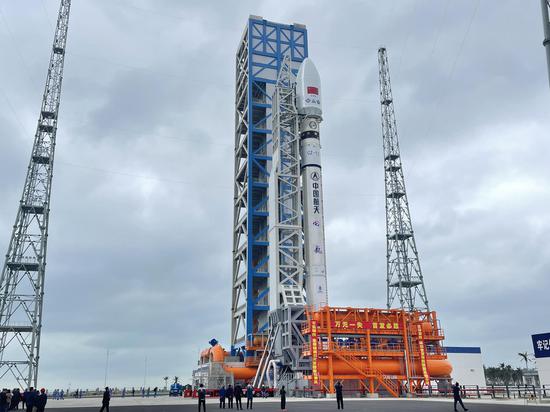
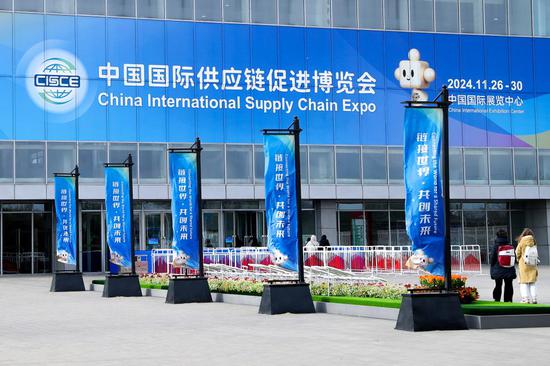
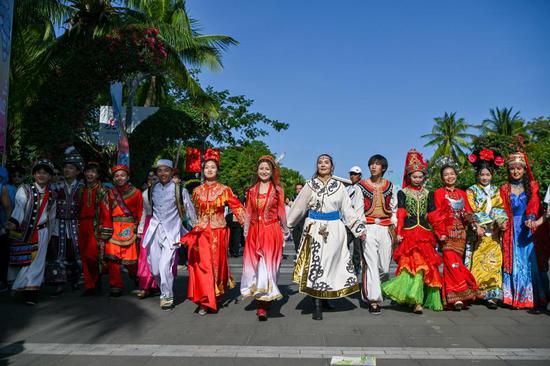
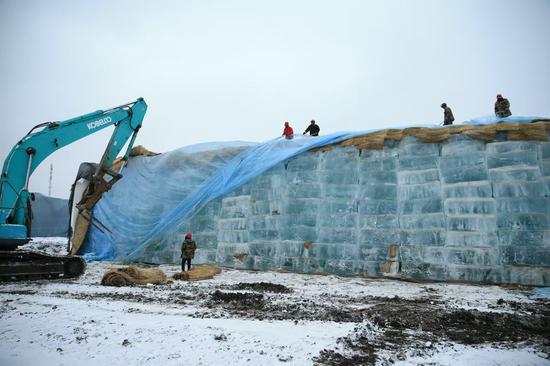
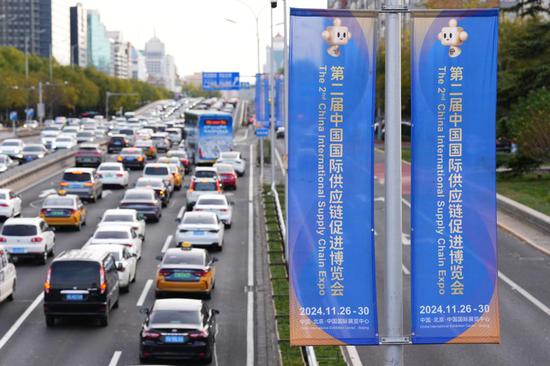
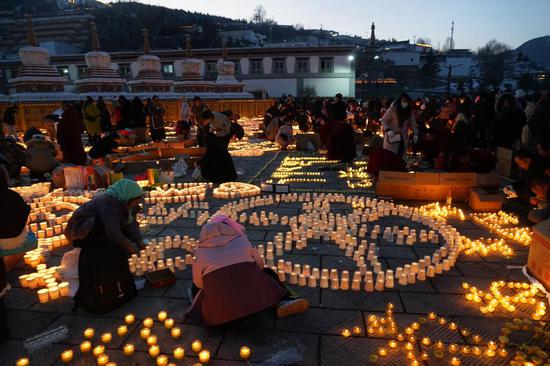

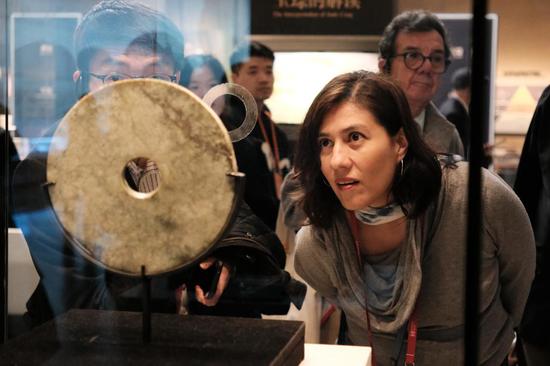
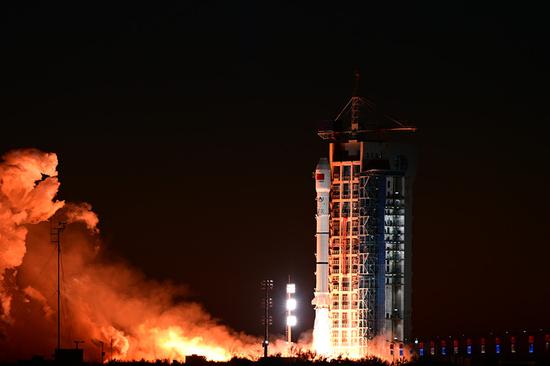
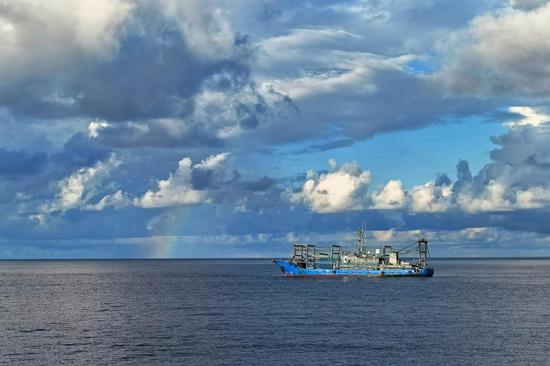
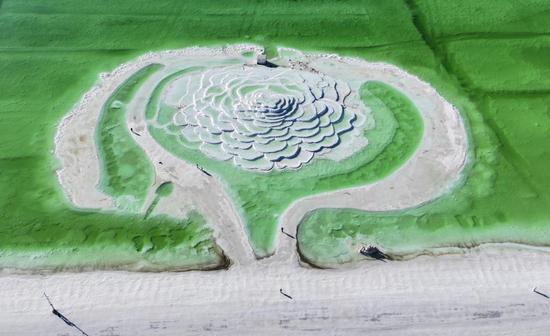
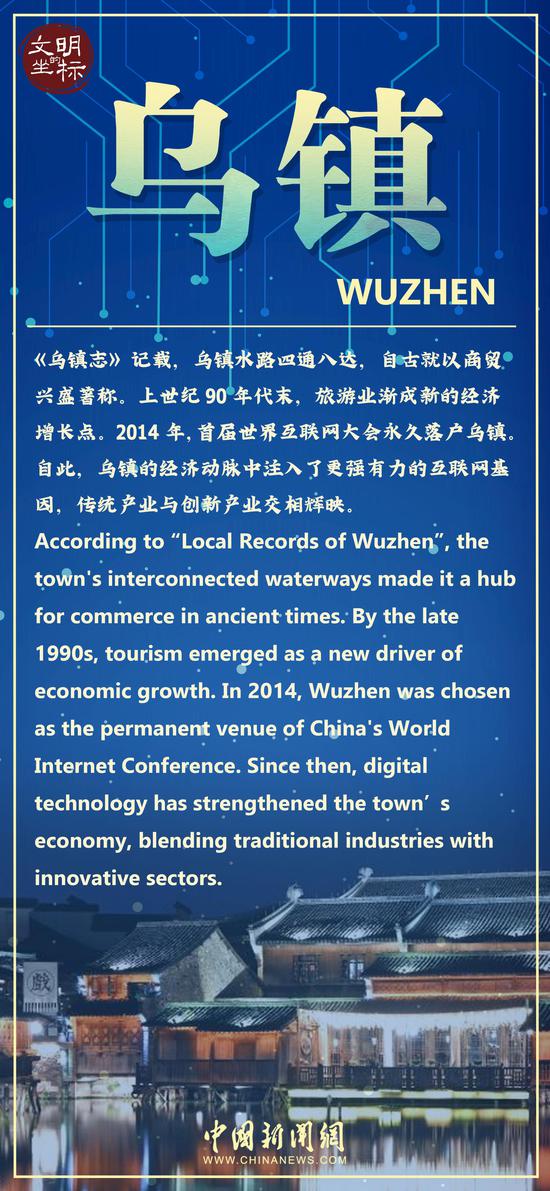

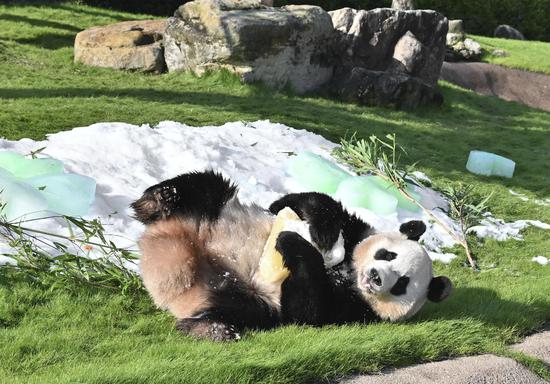
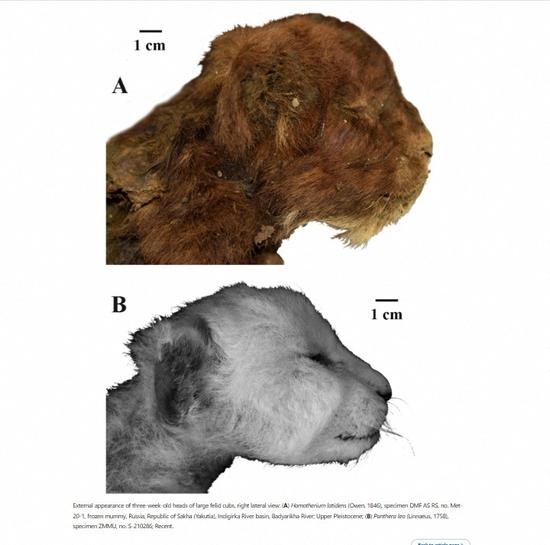



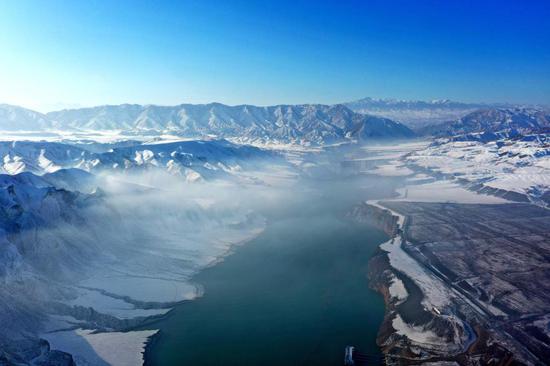
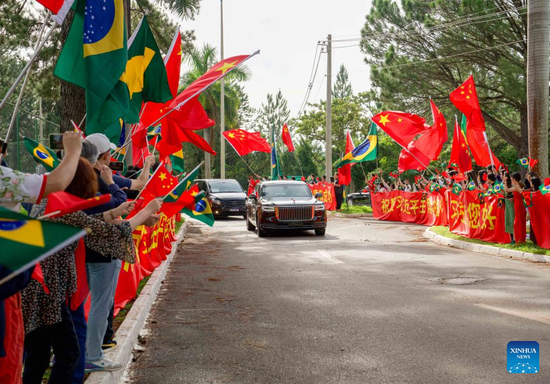
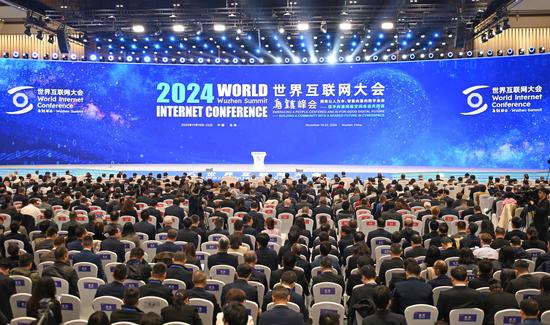
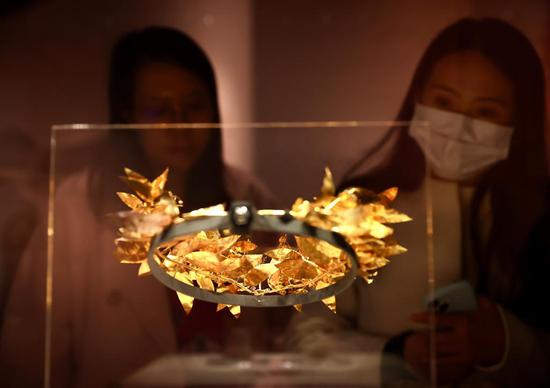
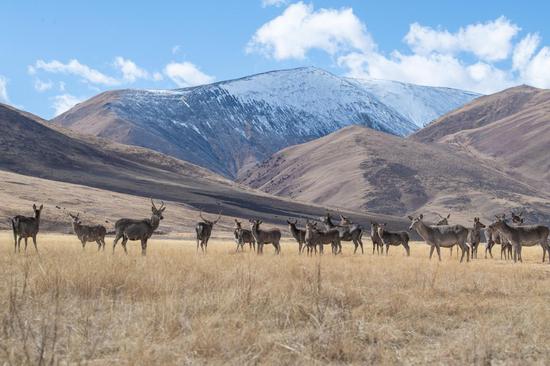
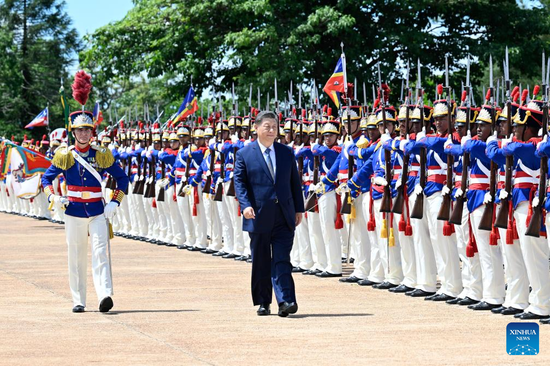
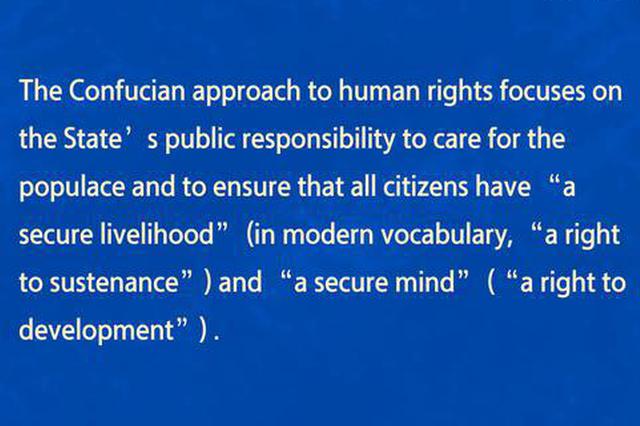
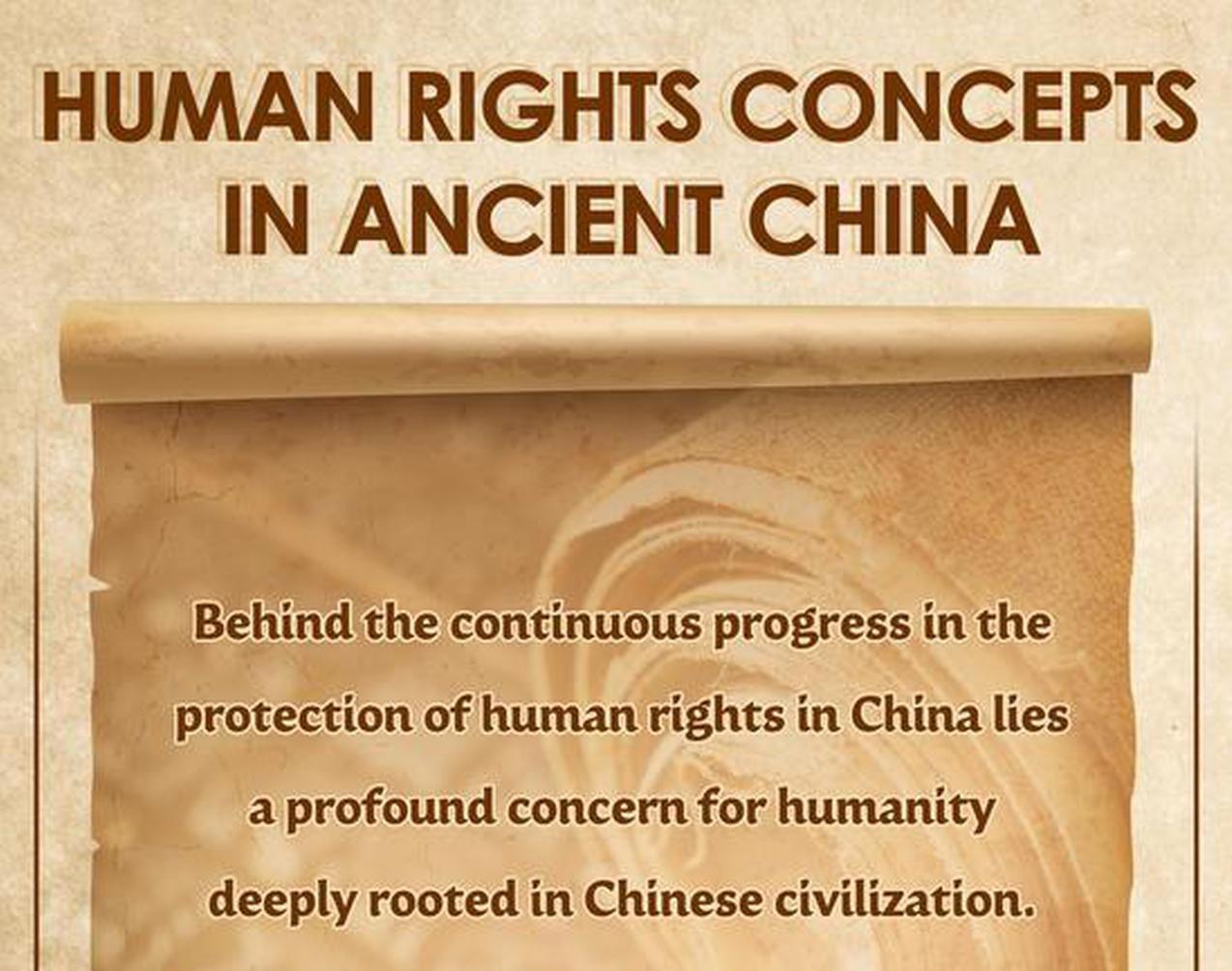
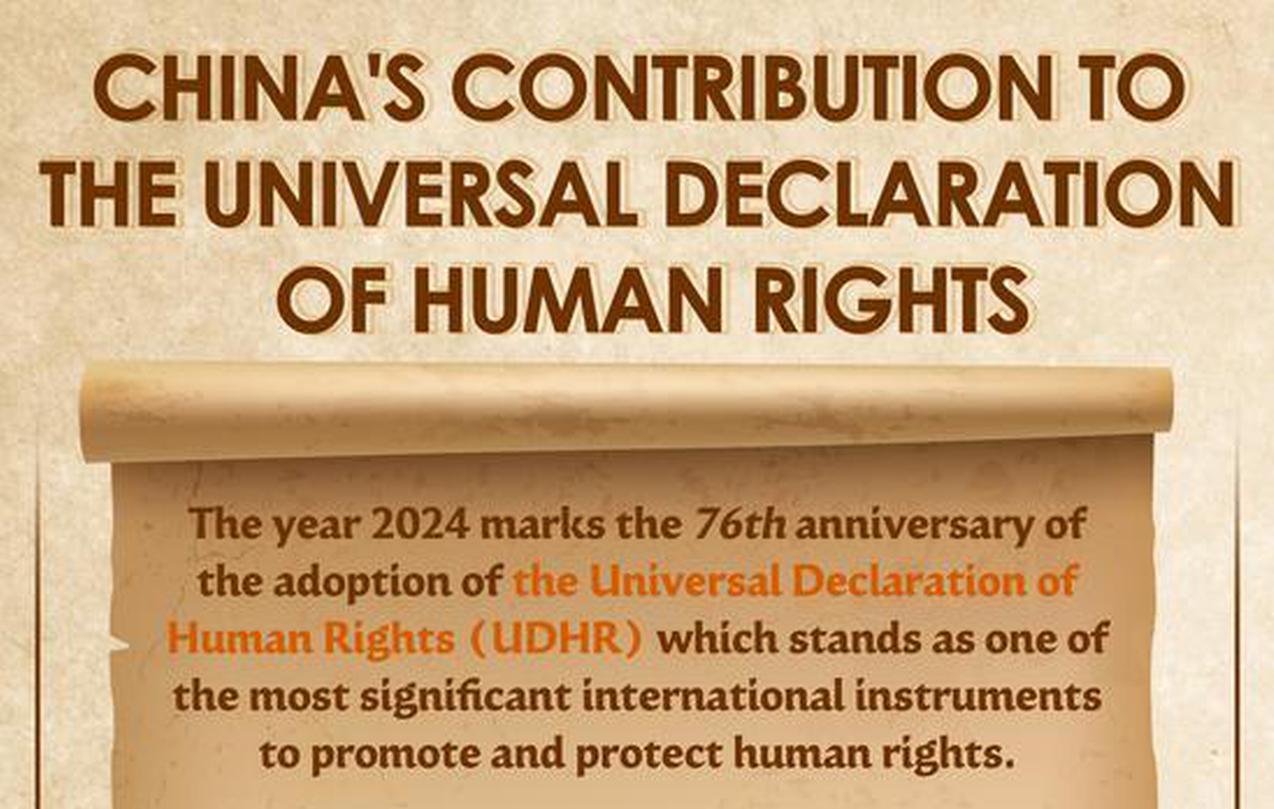
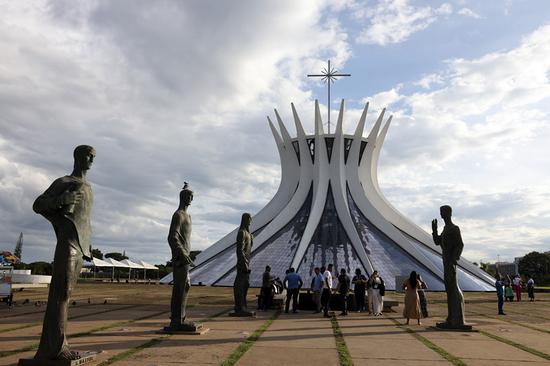

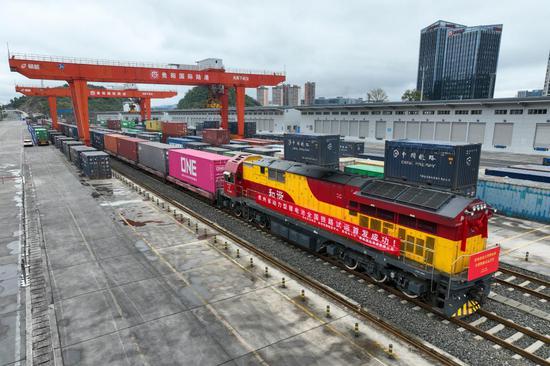
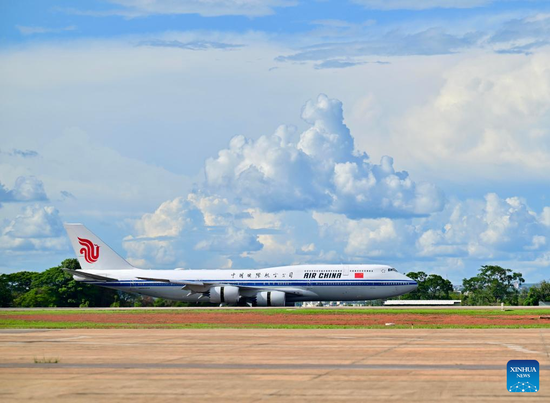

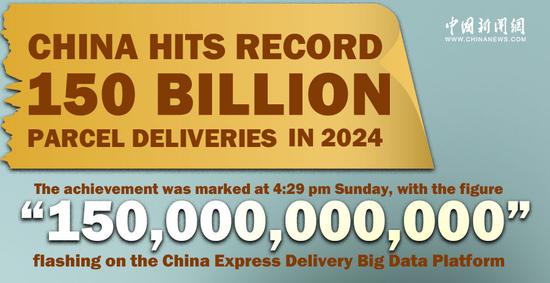
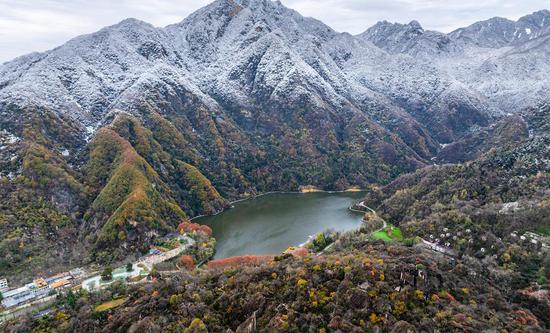
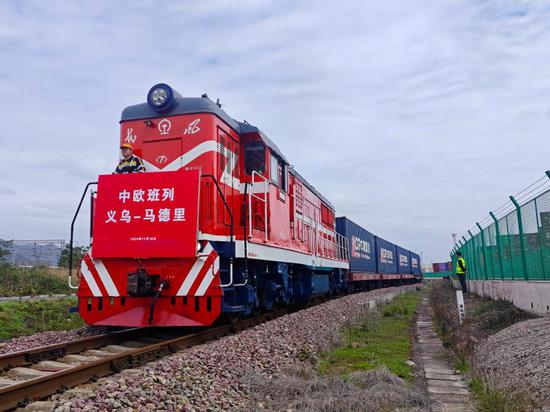
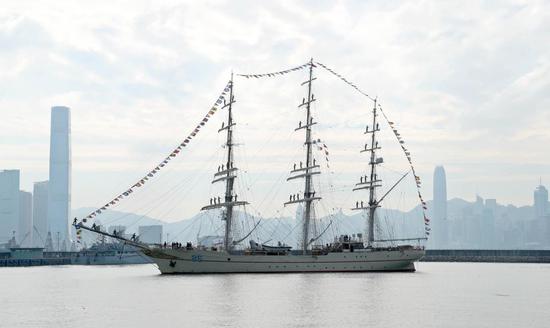




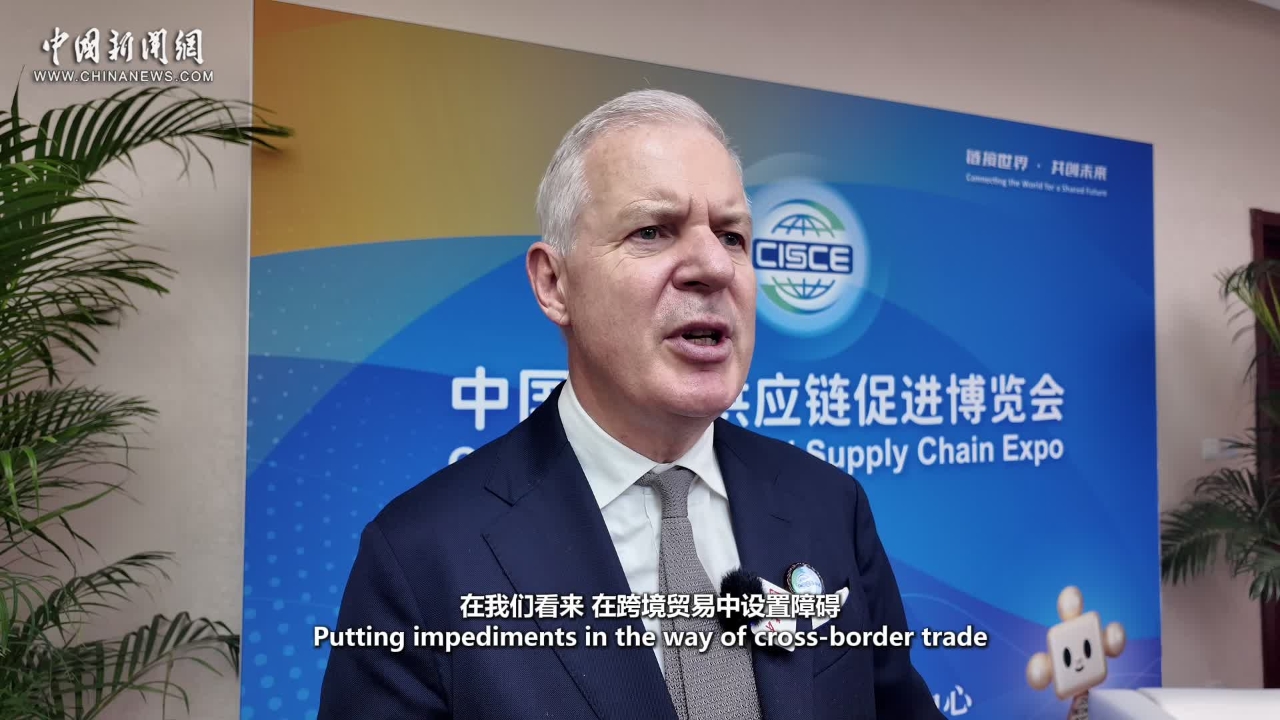

 京公网安备 11010202009201号
京公网安备 11010202009201号